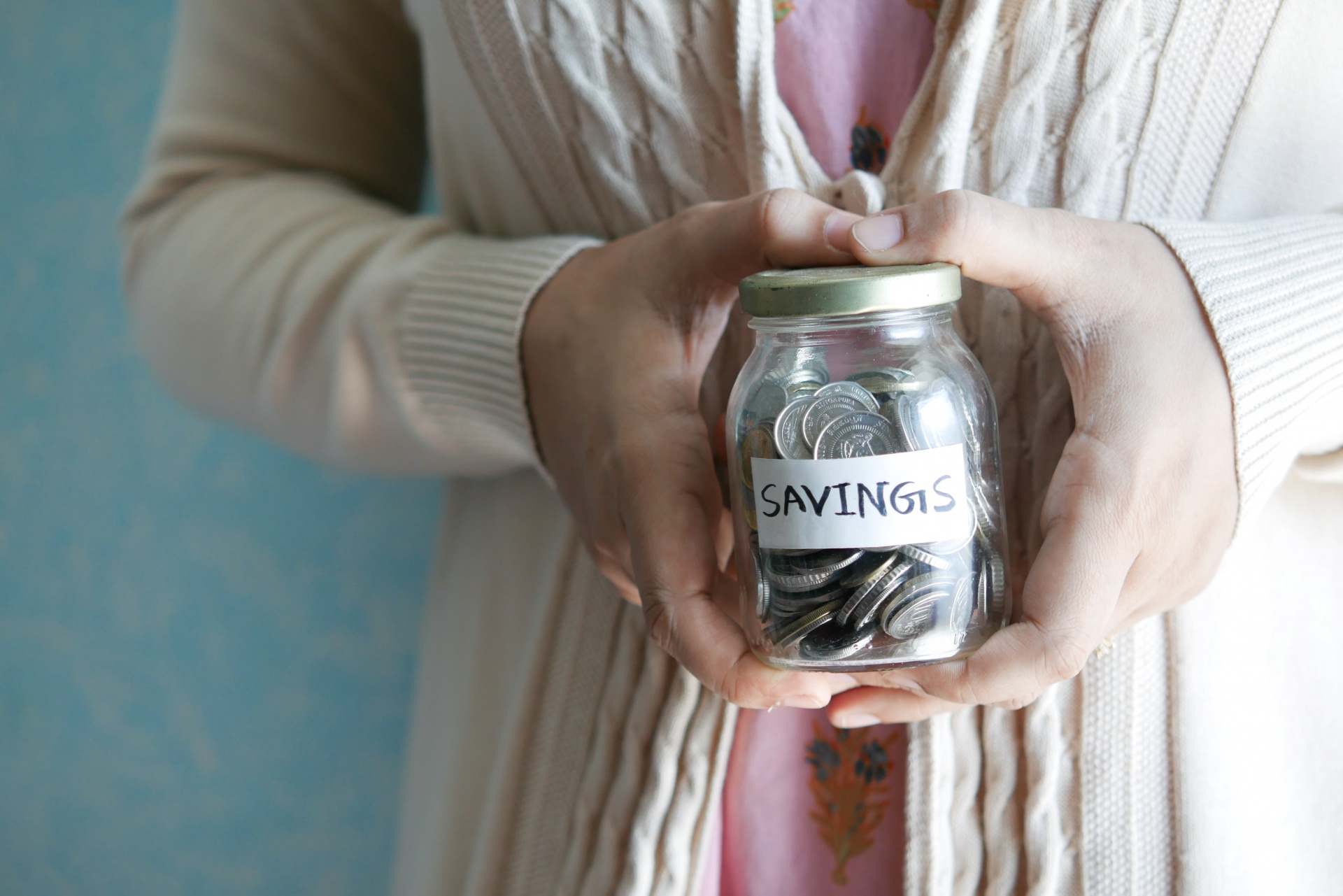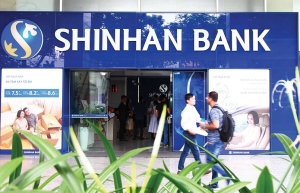Can the 'rule of 25' make sense for your financial freedom?
 |
The journey to financial independence is becoming a shared ambition, and the 'rule of 25' often acts as the compass for this journey. This rule suggests that the key to financial freedom is having a nest egg 25 times your annual expenses.
Therefore, it's less about the amount you earn and more about how much you spend and save. The returns on your investment should be enough to maintain your preferred lifestyle without eating into your capital.
This principle splits our spending into two categories, needs and wants, with the latter further divided into loves and likes. It's not about cutting out all non-essential spending. Instead, it nudges us to focus our resources on what we genuinely need or love, and drop the rest.
By prioritising needs and loves over wants and likes, we often realise that some of our spending is more about impulse than genuine necessity.
Let's take budgeting as an example. When we are planning our expenses, our basic needs like housing, food, and healthcare are non-negotiable. But what about our love category?
That's where we make room for the things that truly matter to us, whether that's travelling the world, buying a dream house, or getting that family car. The trick here is to use the things we love to drive our financial decisions, not the fleeting desires that come and go.
On the journey to financial freedom, time, investment performance, and the savings rate are our three companions. Time is constant, and investment performance is tricky, dependent on your skills, risk tolerance, and the market's mood swings.
Even the great Warren Buffett's annual return averaged around 20 per cent, and a significant chunk of his wealth was built after his 65th birthday.
The savings rate, on the other hand, is under our control. It's the difference between our income and expenditure, and here's where the magic happens. Saving not only grows our wealth but also builds financial discipline and creates the habit of multiplying our money through investments.
Plus, having a nest egg allows us the room to make mistakes. We can't predict the future, as we have seen with unexpected events like the pandemic or sudden market crashes. Having some savings tucked away helps us ride out these rough patches without derailing our journey to financial independence.
But here is the kicker, boosting savings does not always mean earning more. It could simply mean saving more. If we make a habit of saving before we start spending, we are setting ourselves up for financial health and independence. And isn't that what we are all aiming for?
| The Vietnam Wealth Advisor Summit (VWAS) 2023, the first event for the asset management sector organised by VIR and the Vietnam Wealth Advisor (VWA) community under the auspices of the Ministry of Planning and Investment, is set to take place.
Themed Swimming in the Vortex, VWAS 2023 will engage prestigious domestic and international speakers to discuss the global economy in general and Vietnam in particular, effective investment strategies in an unpredictable environment, and preferred investment-supporting products and services in the financial, banking, insurance, gold, foreign exchange, and real estate sectors. VWAS 2023 will feature:
|
 | Expansions ripe with South Korean banks As South Korean banks grapple with intensifying domestic rivalry, they are strategically shifting their focus to Southeast Asia, particularly Vietnam, as an emergent arena for growth and expansion. |
What the stars mean:
★ Poor ★ ★ Promising ★★★ Good ★★★★ Very good ★★★★★ Exceptional
 Tag:
Tag:
Latest News
More News
- New rules ease foreign access to Vietnam equities (February 05, 2026 | 17:29)
- 0.1 per cent tax proposed on each transfer of digital assets (February 05, 2026 | 17:27)
- Ministry of Finance tightens policy delivery at start of year (February 05, 2026 | 17:26)
- Vietnam steps up market reforms as FTSE Russell reviews upgrade progress (February 05, 2026 | 17:20)
- 2025 profits mixed amid strong energy and farming results (February 05, 2026 | 17:18)
- Cashless payments hit 28 times GDP in 2025 (February 04, 2026 | 18:09)
- SSIAM and DBJ launch Japan Vietnam Capital Fund (February 04, 2026 | 15:57)
- Banks target stronger profits, credit growth in 2026 (February 04, 2026 | 15:43)
- Vietnam on path to investment-grade rating (February 03, 2026 | 13:07)
- Consumer finance sector posts sharp profit growth (February 03, 2026 | 13:05)















 Mobile Version
Mobile Version